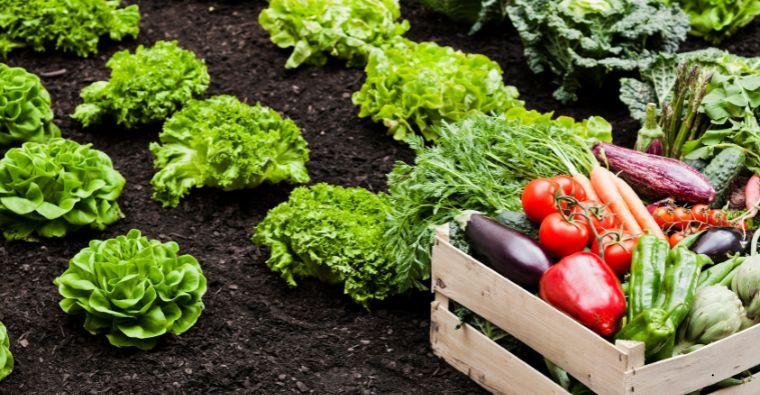Choosing Local and Seasonal Foods
In today’s fast-paced world, many people prioritize convenience over sustainability when it comes to food choices. However, one of the simplest ways to reduce your environmental footprint is by choosing local and seasonal foods. These options not only benefit the planet but also promote healthier eating habits and support local economies. Let’s explore why embracing local and seasonal foods is a win for everyone.
Reduces Carbon Footprint
Food that travels long distances to reach your plate contributes significantly to greenhouse gas emissions due to transportation, refrigeration, and packaging. By choosing locally grown foods, you help reduce the carbon footprint associated with importing food from far-off regions.
Supports Local Farmers and Communities
When you buy local, your money goes directly to farmers and small businesses in your area, strengthening the local economy. This financial support allows farmers to continue practicing sustainable farming methods.
Promotes Biodiversity
Local farmers often grow a variety of seasonal crops, which helps maintain soil health and promotes biodiversity. In contrast, large-scale industrial farming typically relies on monoculture, which depletes soil nutrients and harms ecosystems.
Fresher and More Nutritious
Seasonal produce is harvested at its peak ripeness, ensuring maximum freshness and flavor. Foods that are in season are also more nutrient-dense compared to those grown out of season or shipped from far away
Minimizes Food Waste
When you buy local and seasonal foods, you’re more likely to purchase fresh produce that has a longer shelf life. Imported or off-season foods often spoil quicker due to extended transportation and storage times
Conserves Natural Resources
Growing food in its natural season requires fewer resources like water, energy, and artificial inputs. Seasonal farming works in harmony with nature, reducing the need for chemical fertilizers and pesticides.
Encourages Connection with Nature
By eating local and seasonal foods, you become more in tune with nature’s cycles. This connection fosters a deeper appreciation for the planet and encourages mindful consumption habits.
Cost-Effective
Seasonal foods are often more affordable because they are abundant and don’t require additional costs for transportation or storage. Supporting local markets can also save you money compared to shopping at large grocery chains.
Reduces Dependency on Industrial Farming
Industrial farming practices are resource-intensive and can harm the environment through deforestation, soil degradation, and excessive water use. By opting for local, seasonal foods, you help reduce the demand for these unsustainable practices.
Builds Resilience Against Climate Change
Local and seasonal food systems are more adaptable to changing climates because they rely on diverse crops and sustainable practices. Supporting these systems can help mitigate the effects of climate change on agriculture.
Choosing local and seasonal foods is a simple yet impactful way to contribute to a healthier planet. By reducing carbon emissions, supporting local farmers, and promoting biodiversity, you play a vital role in creating a sustainable food system. Start small by shopping locally and planning meals around seasonal produce—it’s a delicious way to make a big difference for the planet!




